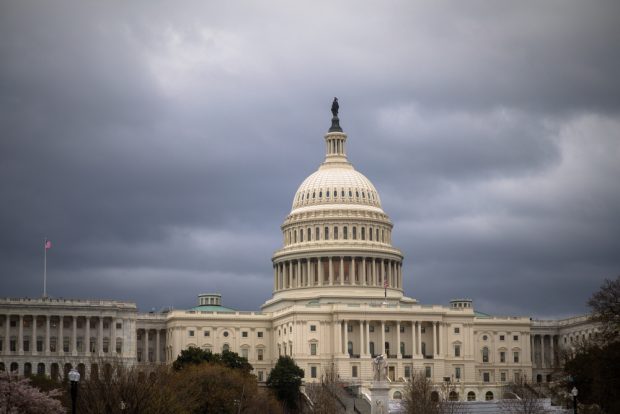 Source: Shutterstock.
Source: Shutterstock.
The House Ways and Means Committee got to work on Thursday with members marking up the $3.5 trillion spending package during its budget reconciliation process. Inside the massive package was one issue CUNA and NAFCU officials appear to be extremely concerned about – new IRS reporting requirements for credit unions.
Continue Reading for Free
Register and gain access to:
- Breaking credit union news and analysis, on-site and via our newsletters and custom alerts.
- Weekly Shared Accounts podcast featuring exclusive interviews with industry leaders.
- Educational webcasts, white papers, and ebooks from industry thought leaders.
- Critical coverage of the commercial real estate and financial advisory markets on our other ALM sites, GlobeSt.com and ThinkAdvisor.com.
Already have an account? Sign In Now
© 2024 ALM Global, LLC, All Rights Reserved. Request academic re-use from www.copyright.com. All other uses, submit a request to [email protected]. For more information visit Asset & Logo Licensing.









